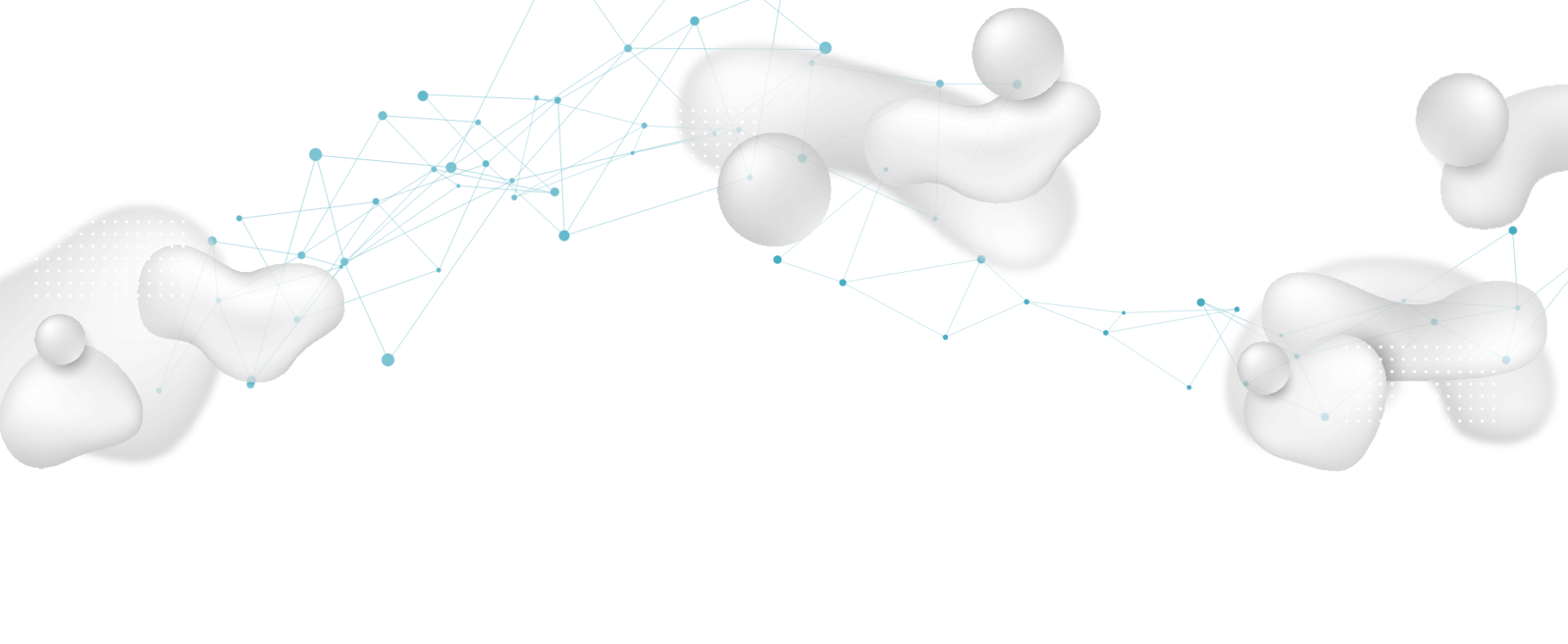Topic Overview
Research and development organization
Research and Development Project Leader
Shu Tanaka (Associate Professor, Department of Applied Physics and Physico-Informatics, Faculty of Science and Technology, Keio University)
Participating institutions (Educational)
The University of Tokyo / Keio University / RIKEN (Rikagaku Kenkyūsho) / Okinawa Institute of Science and Technology Graduate University
Participating institutions (Corporate)
Amoeba Energy Inc. / Tier IV Inc. / International Business Machines Corporation / Bait Al-Hikma Inc. / Biprogy Inc. / Murata Machinery Ltd.
Characteristics of this topic
- Quantum circuit optimization algorithms.
- Fusion of quantum annealing/Ising machines and machine learning.
- Control signal optimization for implemented quantum computers.
- Problem decomposition for optimization problems.
- Statistical mechanical analysis.
Objectives of this topic
- General-purpose quantum circuit optimization.
- Black-box optimization based on hybridization of quantum computing and machine learning.
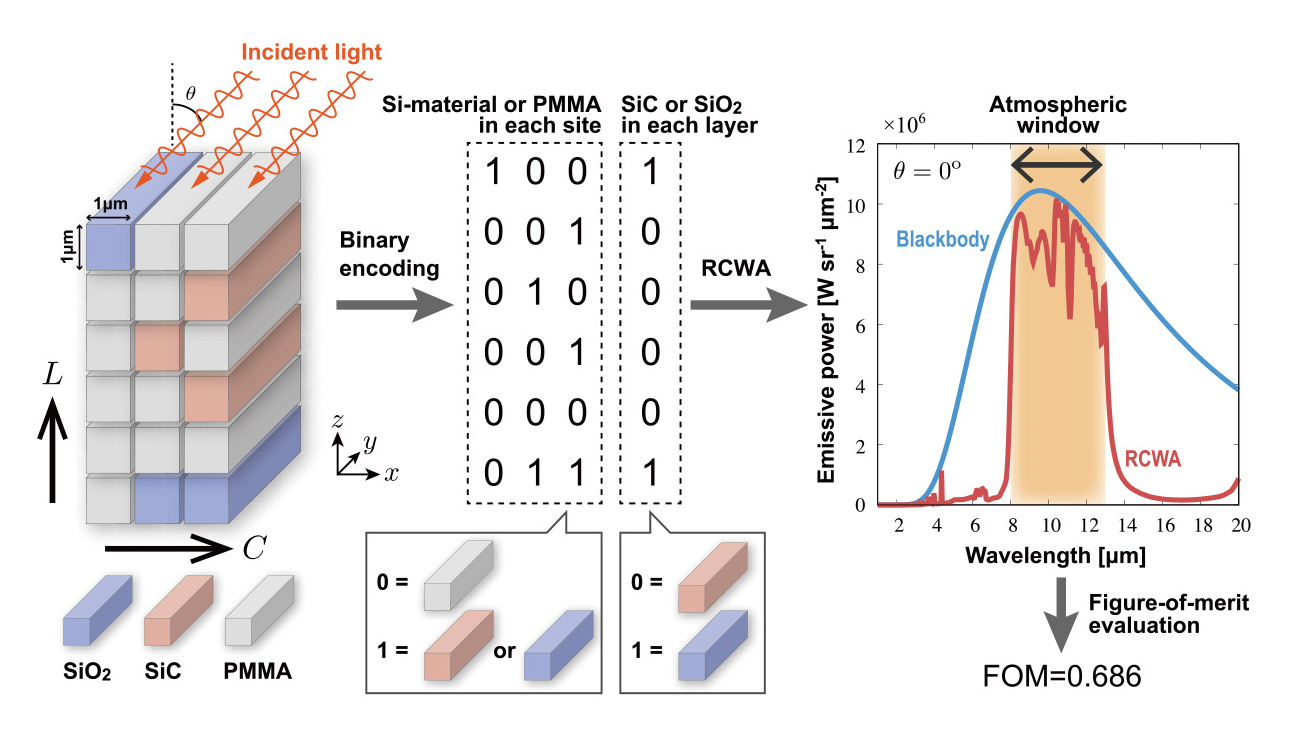
K. Kitai et al., Phys. Rev. Research 2, 013319 (2020).
Research Highlights
Quantum compilation technology ISAAQ
- An overview of the current state of research and development on optimization techniques for hardware, software, and applications of gate-based quantum computers, quantum annealing machines, Ising machines, and similar technologies was conducted.
- As a prototype of quantum circuit optimization technology, the Ising Machine Assisted Quantum Compiler (ISAAQ) was developed.
- ISAAQ outperforms heuristic methods available in Qiskit and tket, as well as QUBO methods while requiring fewer physical CNOT gates.

Development of hybrid computation method using quantum optimization technology
- Research on black-box optimization using a hybrid computing approach that combines Ising machines, machine learning, and simulators.
- Initial investigations to expand the applicability of a computational method called Factorization Machine with Quantum Annealing (FMQA) or Factorization Machine with Annealing (FMA).
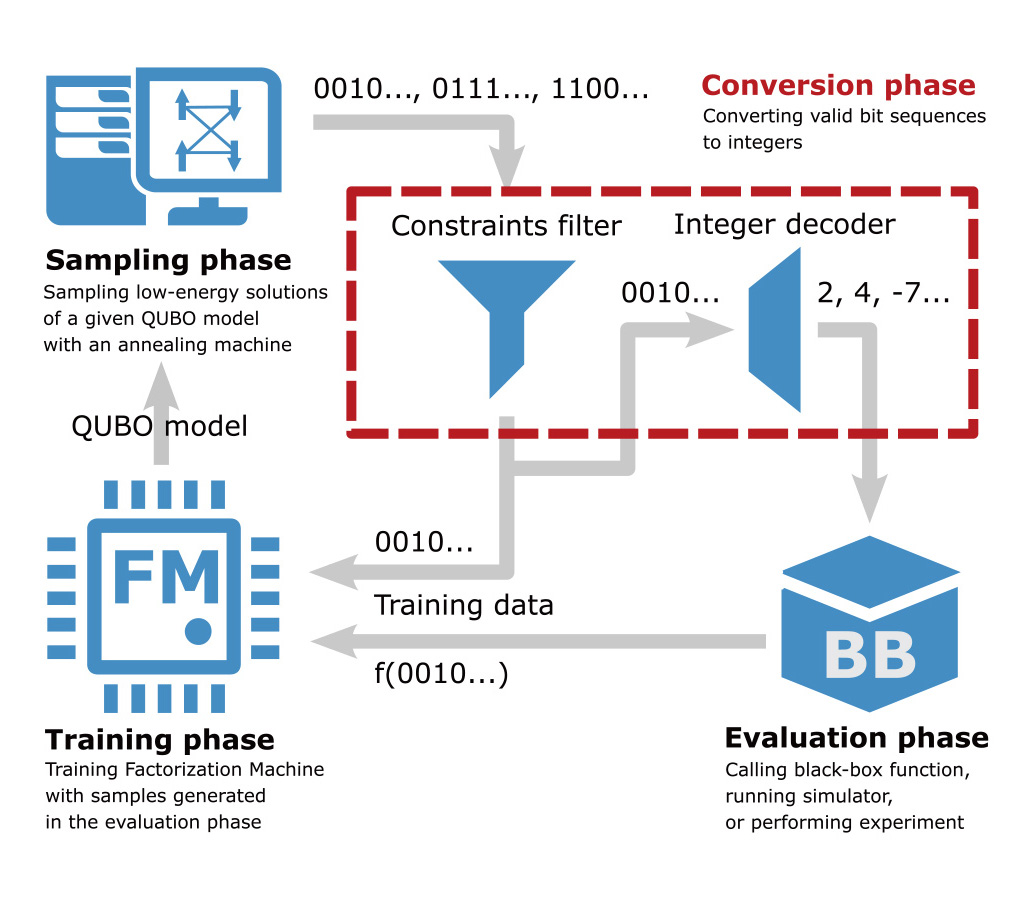
Quantum circuit optimization software AQCEL
- Application of AQCEL software in particle physics for quantum circuit optimization to better understand the optimization performance.
- Application of AQCEL for simulating the process of hadron formation involving quarks and investigation of the reduction of CNOT gates for different circuit depths. Although it was qualitatively expected that deeper circuits would exhibit lower reduction rates, such performance degradation was not observed within the range of our experiments.
- To develop optimization techniques for frequently occurring gate patterns, we conducted gate pattern extraction on actual application circuits.
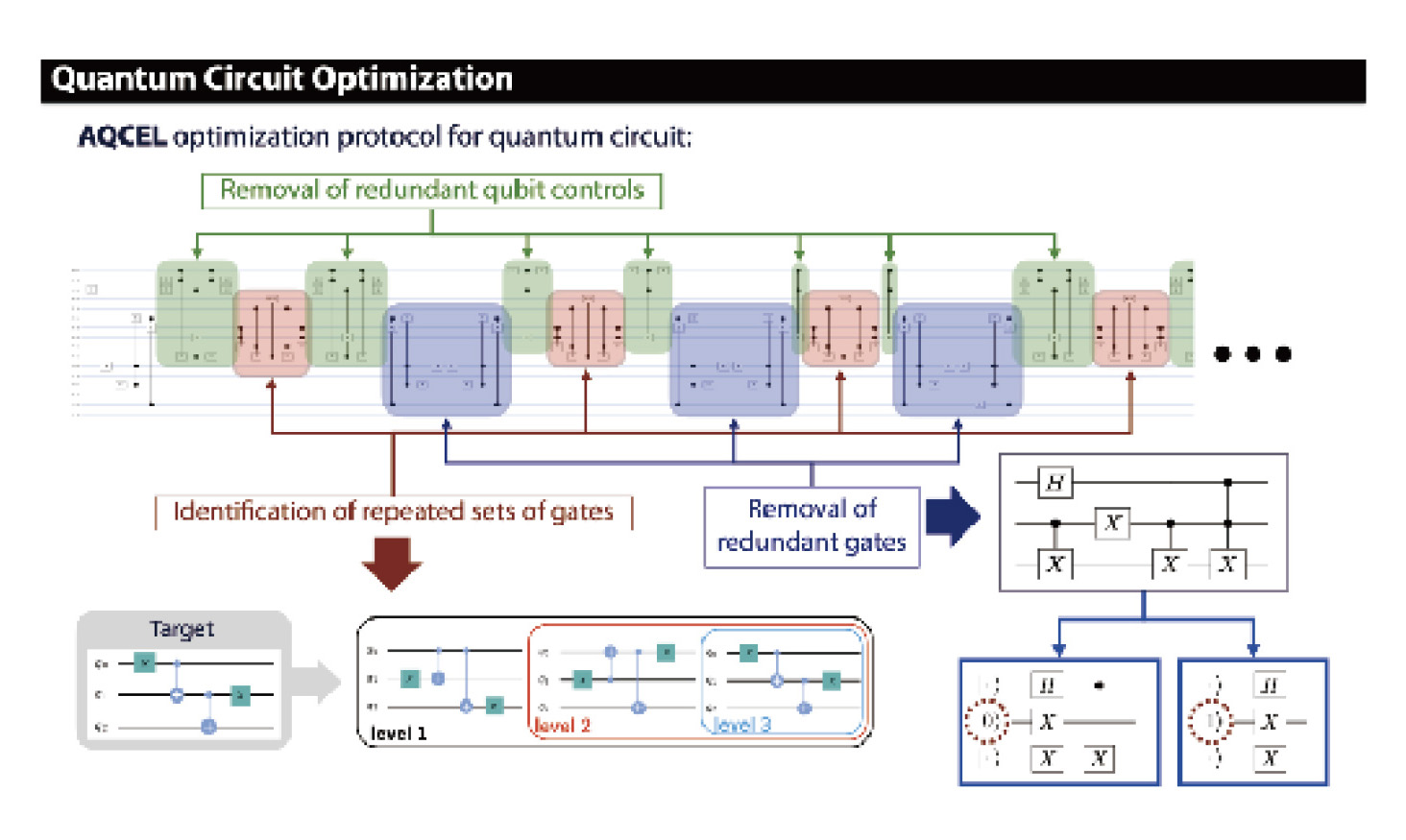
Optimization of the quantum Otto heat engine
- Study on the optimization of quantum simulators realized through experimental approaches.
- Quantum Otto engines operate by interacting the working medium with an extremely cold gas and driving the interaction simultaneously with the trap frequency.
- The study results have shown that it is possible to enhance the performance of the engine through interactions.
- Quantification of the trade-off between output and efficiency was achieved even in finite-time non-adiabatic engine cycles.
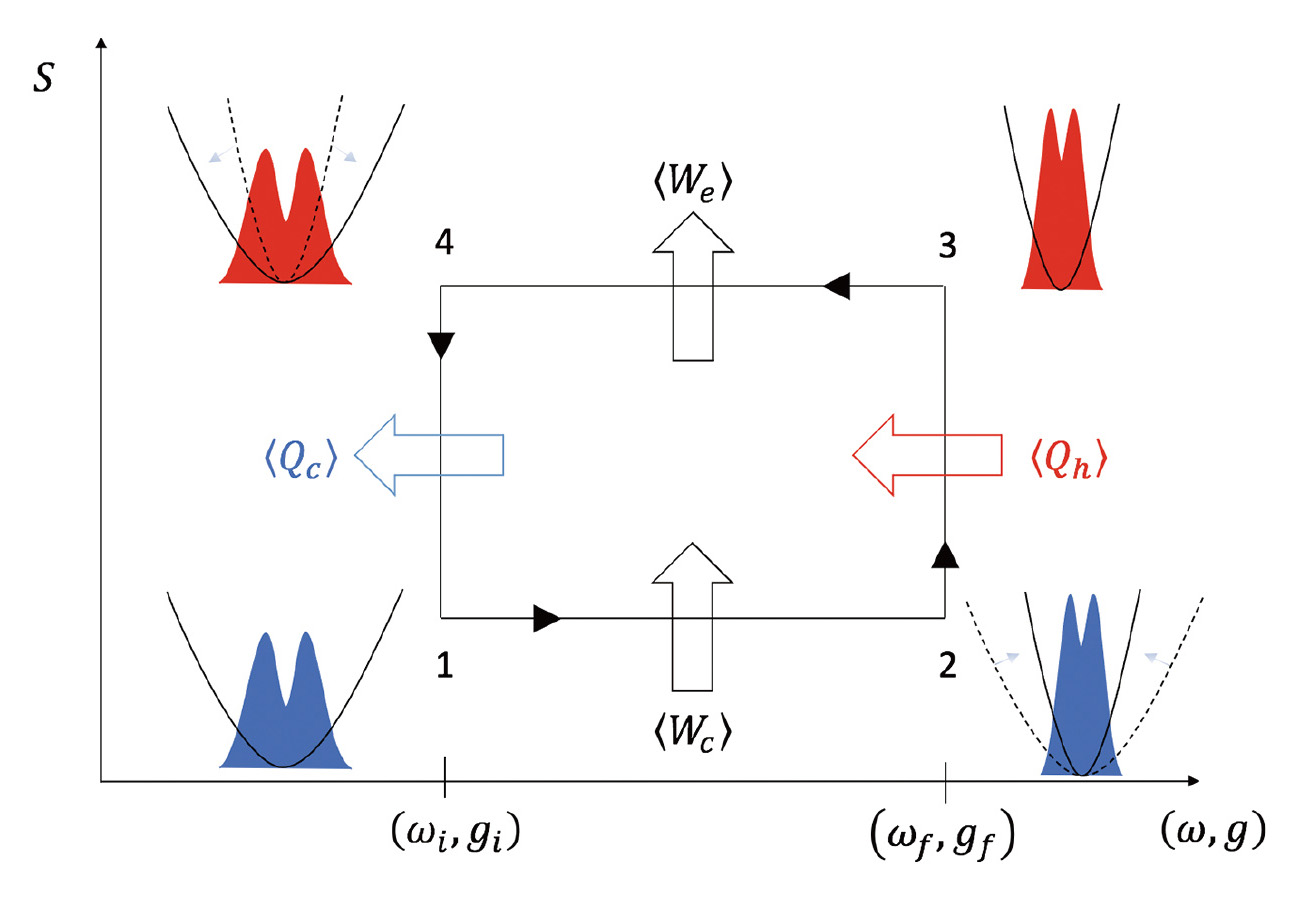
Future Prospects
- Development of algorithms for gate-based quantum computers, quantum annealing machines, Ising machines, and other devices that conform to the mathematical structure of optimization problems.
- Continued development of black-box optimization methods through hybrid computations combining Ising machines and machine learning, with the goal of expanding the applicability of these methods.
- Improvement of quantum circuit optimization algorithms based on detailed investigations to enhance performance and broaden their range of applications.
- Exploration of appropriate algorithm design principles through the structural analysis of solution spaces for NP-hard problems.
Initiatives for social implementation:
- Continued conversations and collaborations with several companies, both within and beyond the research community, based on existing seeds to foster joint research and development.
- Examples of existing seeds:
- Black-box optimization methods using hybrid computations of Ising machines and machine learning (Manufacturing industry). Physics and chemistry simulations (Materials industry). Path optimization methods using hybrid computations of Ising machines and digital computers (Construction and Logistics industries).
